Peer learning
How is training without teachers, lectures, and a fixed schedule possible? The secret is peer learning! According to the Office québécois de la langue française, collective intelligence is the sum […]
How is training without teachers, lectures, and a fixed schedule possible? The secret is peer learning! According to the Office québécois de la langue française, collective intelligence is the sum of the knowledge, skills, and intellectual abilities of all the individuals who make up a community, and which, exploited in synergy, gives this community the possibility to survive and develop. Therefore, it is possible to learn computer programming differently at 42 Québec by bringing everyone’s strengths to the group.
A field in constant evolution
Even for the best programmers, it is impossible to know everything and master all technologies. An organization must build teams of diverse people with complementary talents. In this way, creativity and innovative solutions to challenges are encouraged, which stimulates knowledge sharing and raises the level of the team. It’s a constantly evolving field that requires knowing how to adapt. Thus, throughout a career in IT, you will be called upon to learn new things and stay on top of emerging technologies. Becoming familiar with peer learning during your training is a great advantage when the time comes to join the job market.
Collaboration in an educational framework
 Although there are tutorials in the project platform offered by 42 and many online resources to learn the nuts and bolts of computer programming, collaboration with peers takes knowledge to the next level.
Although there are tutorials in the project platform offered by 42 and many online resources to learn the nuts and bolts of computer programming, collaboration with peers takes knowledge to the next level.
First, students are encouraged to discuss their discoveries with each other: ways of doing things, resources, work planning, time management, and more. Everyone has something to teach someone. “It’s very close to what we experience on the job market,” indicates Sébastien, a student at 42 Québec currently on an internship. Although sharing your discoveries with others is natural, it can be more difficult but very educational to ask for help. “It requires humility because you have to go see people, disturb them, and ask them for explanations, putting all ego aside,” says Lorenzo, a student. Indeed, asking for help involves recognizing your limits. But by repeating this process of sharing information on both sides, we realize that we can correct and improve by identifying our shortcomings.
“There is a healthy social pressure that builds with peer learning. People won’t want to interact with you if you’re lazy, careless, or rude. To benefit from knowledge sharing, you must be reliable and willing to help others. It motivates much more than traditional lecture courses. » shares Félix, another student. Sharing and optimizing knowledge is essential in the job market. 42 Québec allows you to acquire the right reflexes to communicate and assimilate information more easily.
Peer corrections
Each project completed during the 42 cursus must be validated by other students following a criteria grid. It’s a random system that organizes pairings as part of corrections. This, therefore, allows us to be confronted with diverse people who do not necessarily do things like us or are not at the same level. If being corrected by a more advanced person can provide access to more in-depth information, the opposite forces us to clearly explain our objective and how we achieved it. This solidifies your knowledge. “It’s a good way to see if you’ve understood correctly, especially when you’re the person answering the questions. This lets you see what you know well or need to clarify. These discussions often result in constructive exchanges where both people learn something new,” notes Valérie, a student.
Peer corrections replicate good code review practices observed in businesses. Becoming familiar with this concept sharpens critical thinking and communication when it comes time to share your observations. “It teaches you to work in a team and to try to understand the work of others,” Loïc tells us.
A benefit for the pedagogical team
The pedagogical team also has a lot to gain from peer learning. By being open and listening to the issues encountered by students, their needs, and the solutions proposed, we continually improve the curriculum and operations on campus. Whether during general assemblies or through questionnaires and surveys to find out the impressions of the student community, the team strives to optimize the 42 Québec experience for those involved in it.
In addition, contact with partner companies and those hosting trainees allows us to adapt the training to ensure that it meets industry expectations. Whether in terms of knowledge or skills, 42 Québec adapts to the reality of the job market by connecting to it in different ways. Moreover, professionals from several companies are happy to share their experiences with students during conferences, workshops, or company visits.
Peer learning is applicable in several contexts. Whether for personal or professional reasons, we can all benefit from the knowledge of the people around us. Conversely, we all have something to teach to someone. All it takes is a little openness and kindness to enjoy the benefits of collaborative learning!
